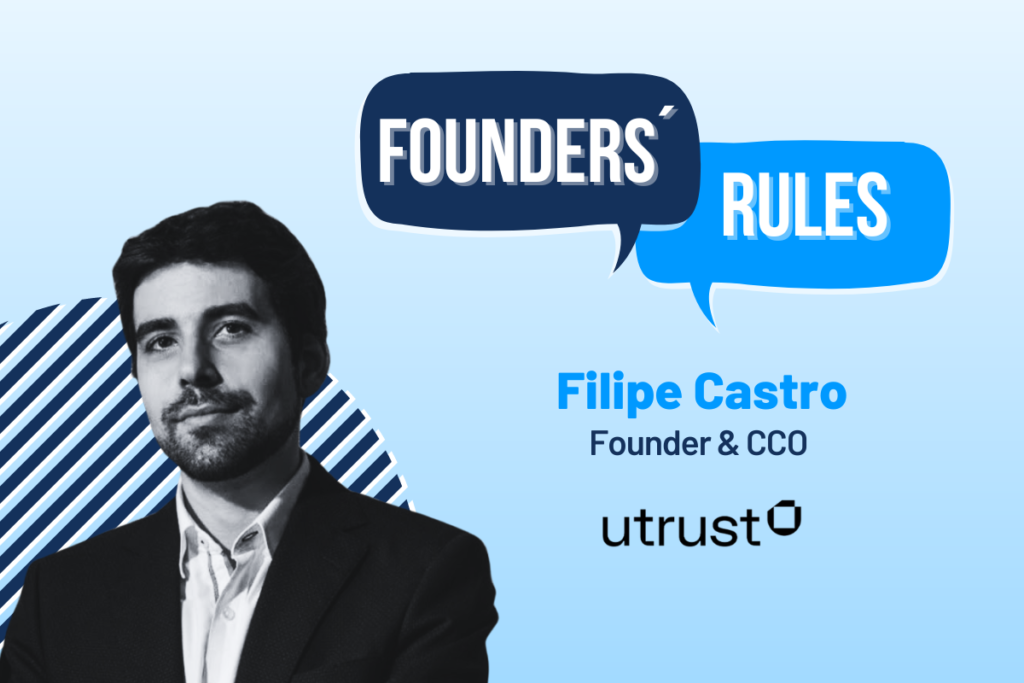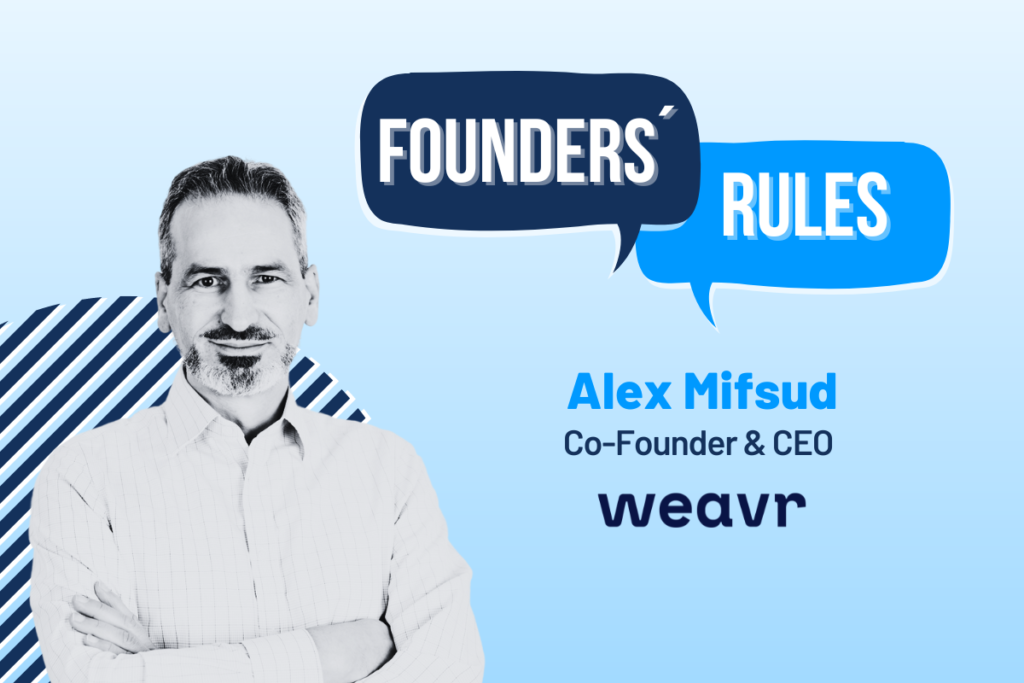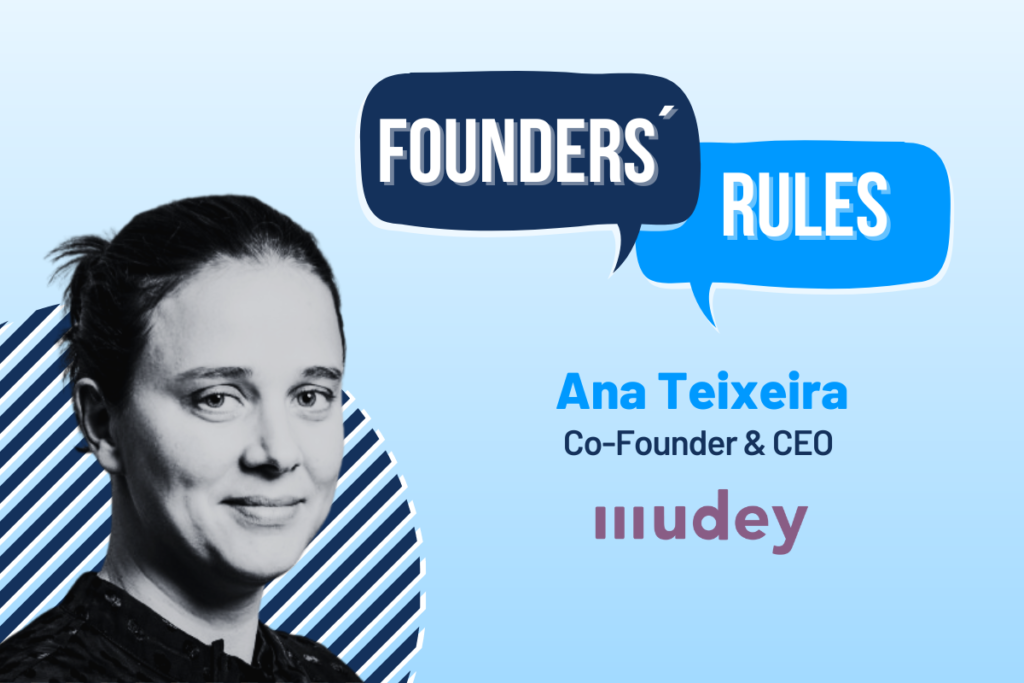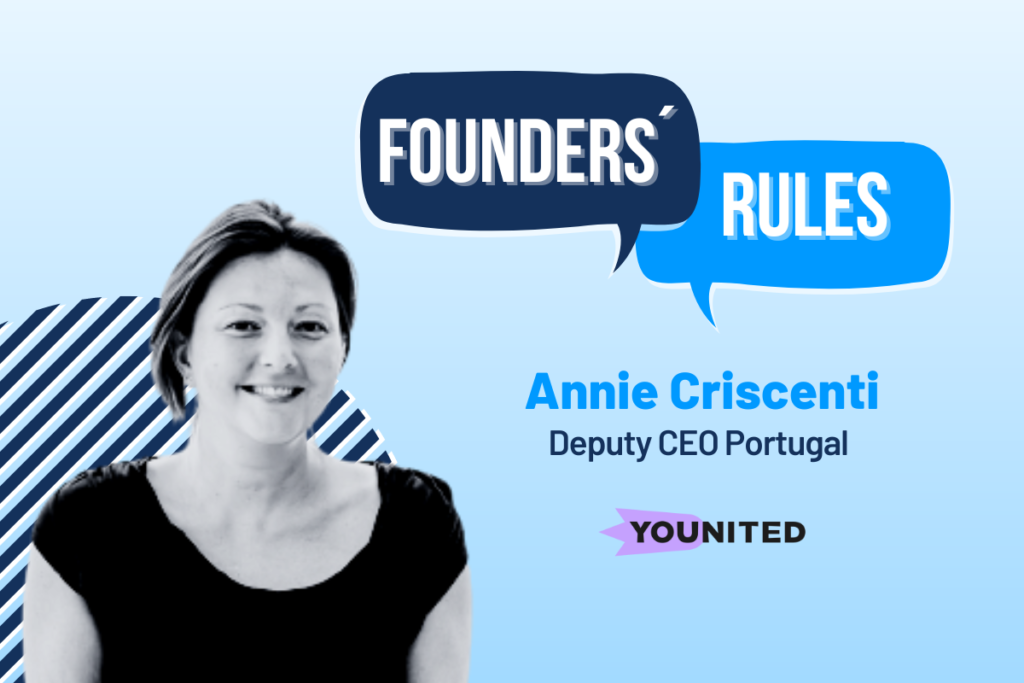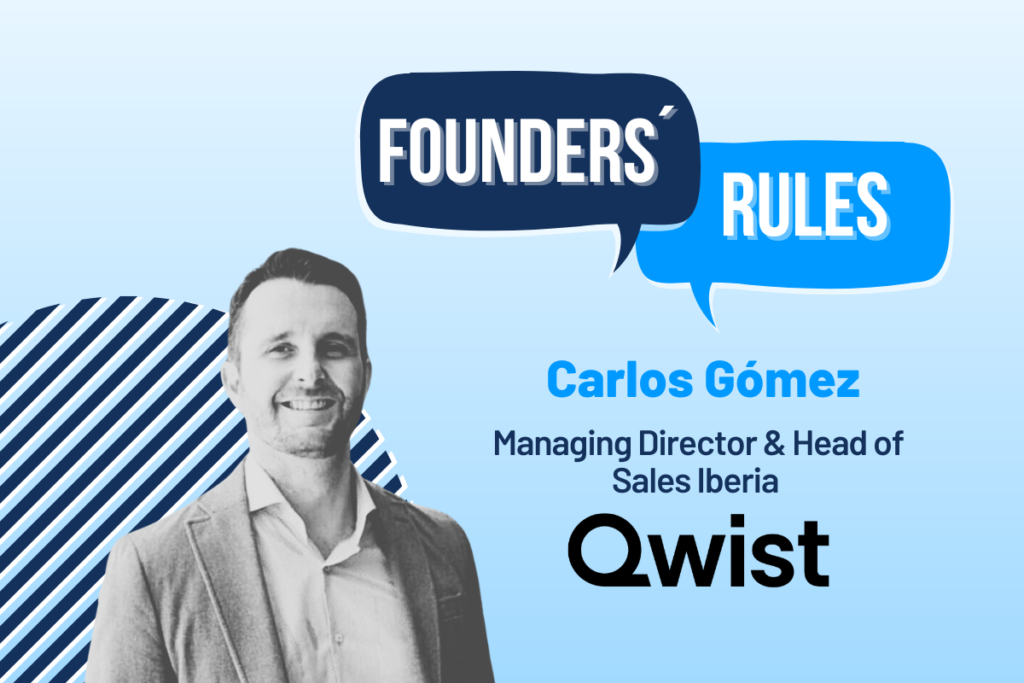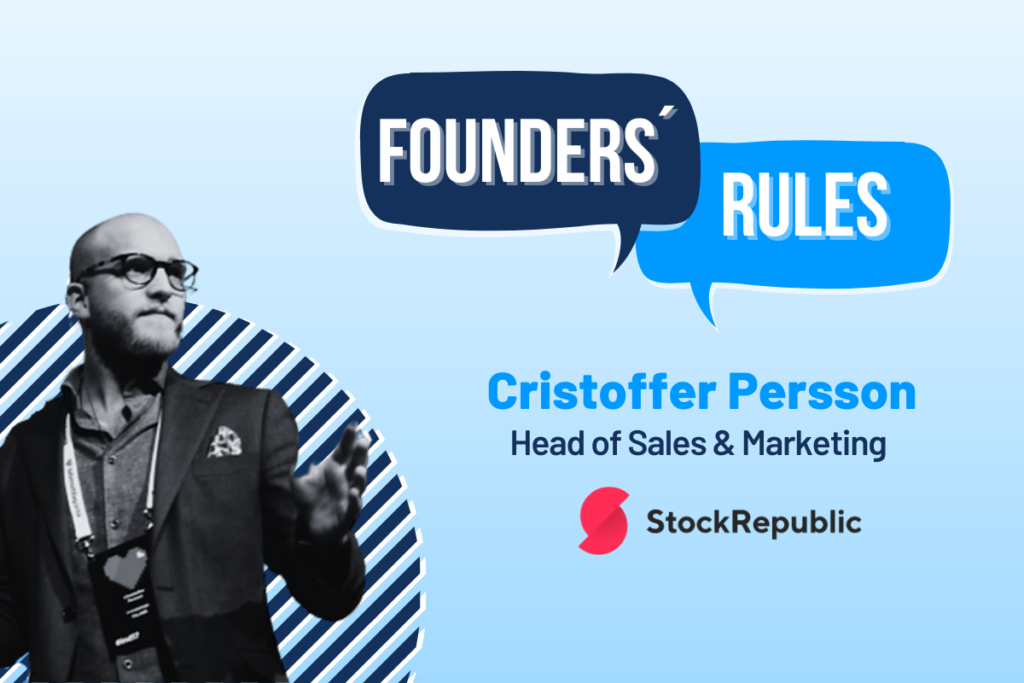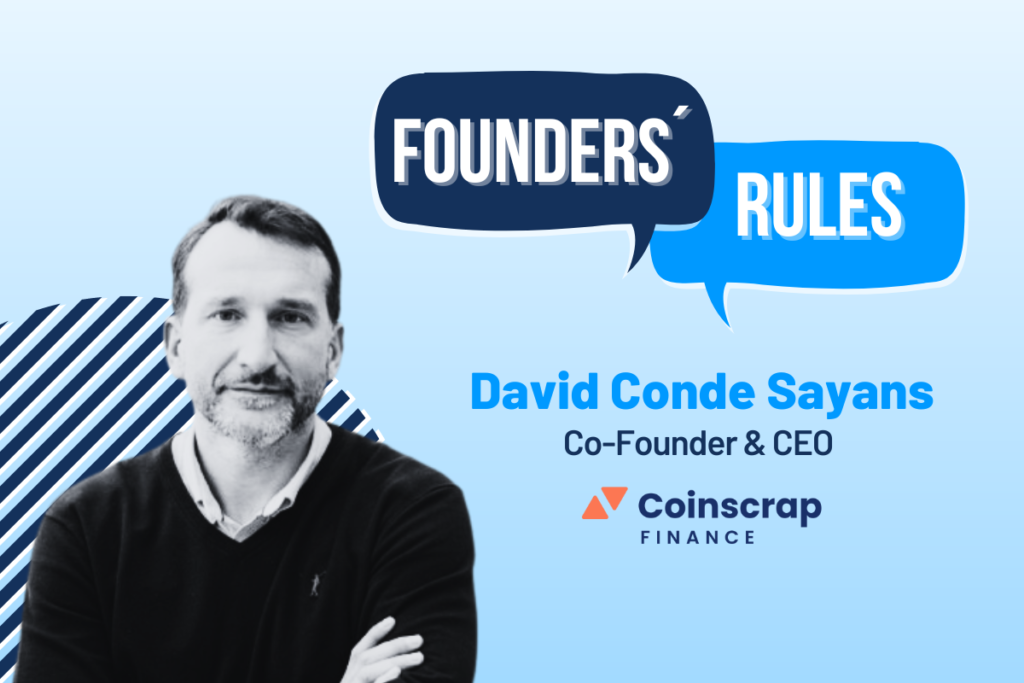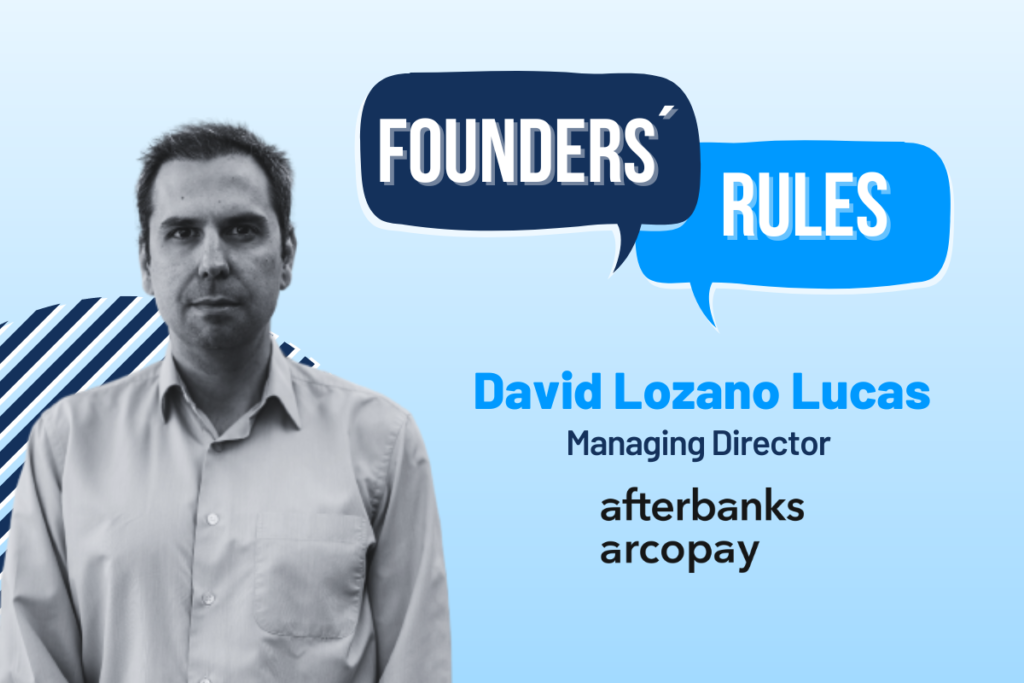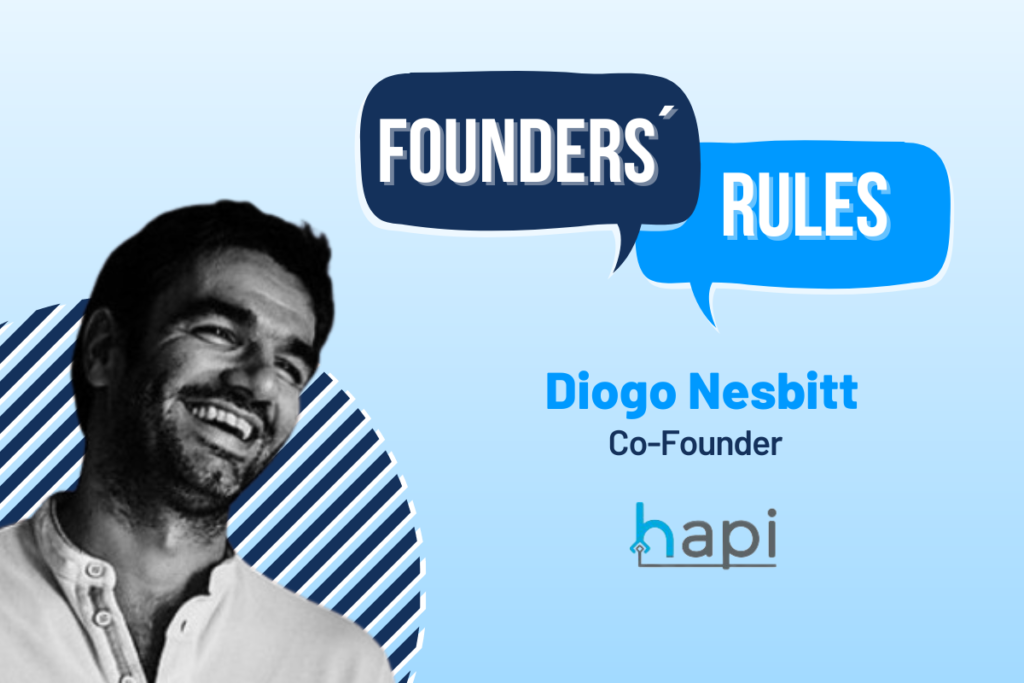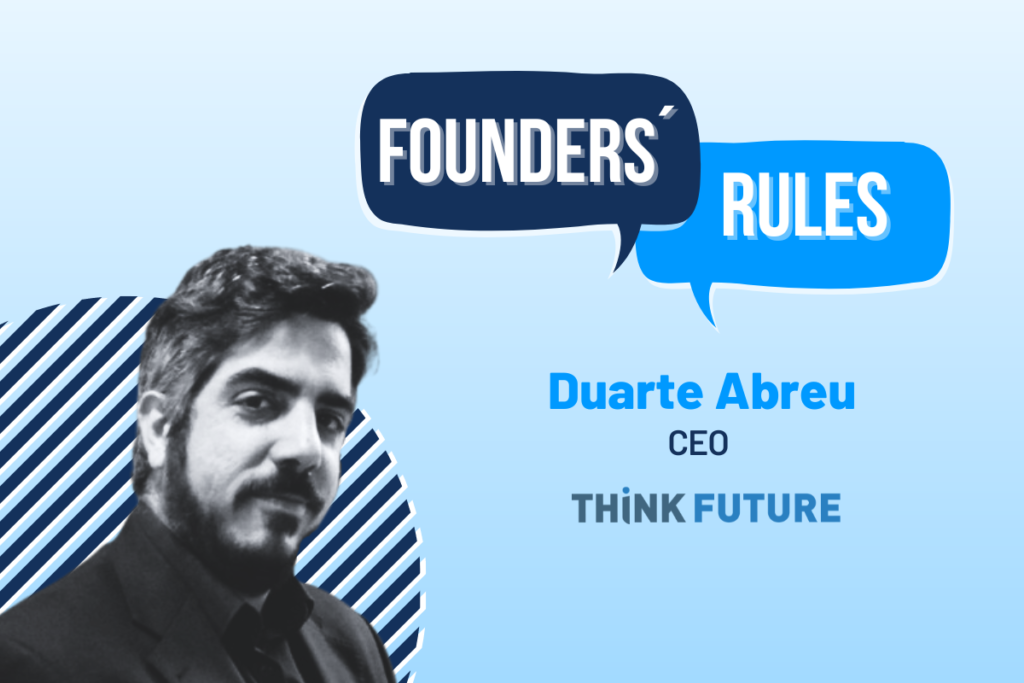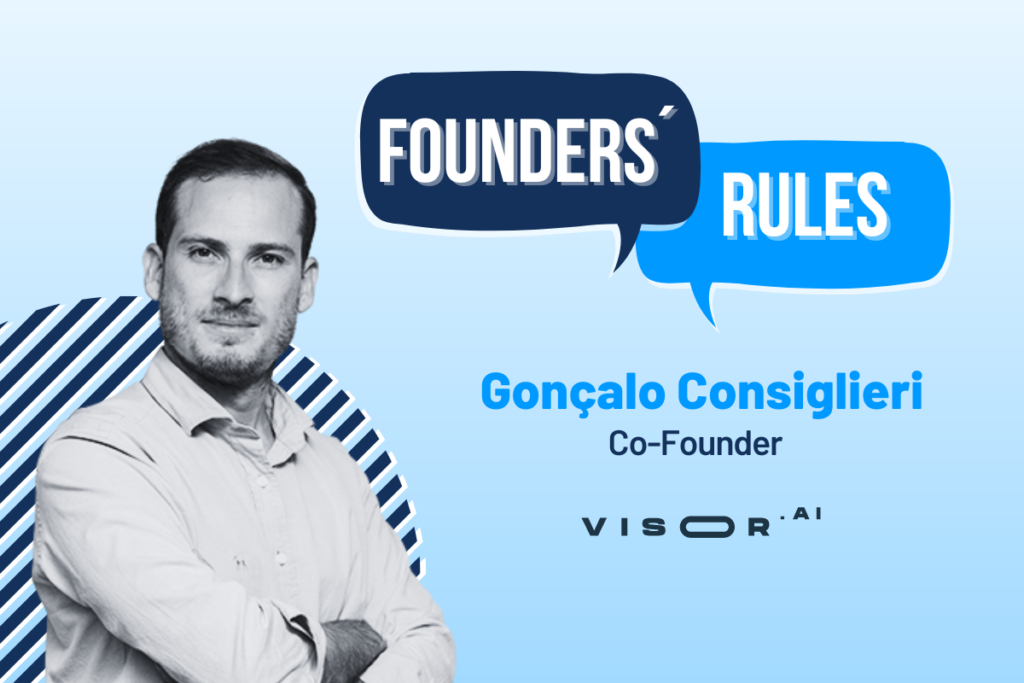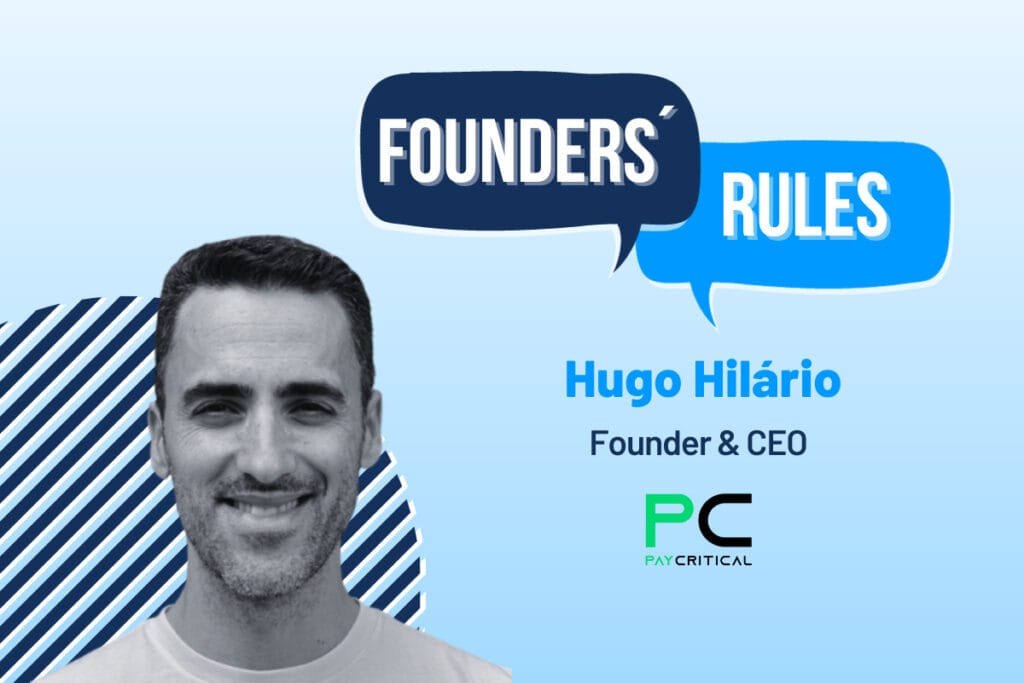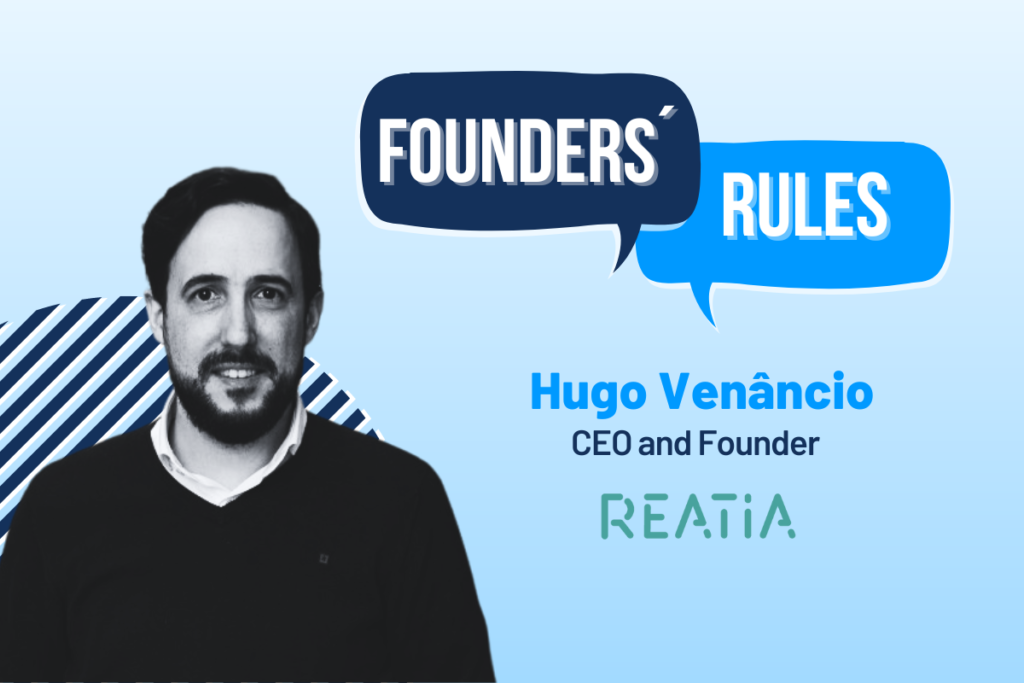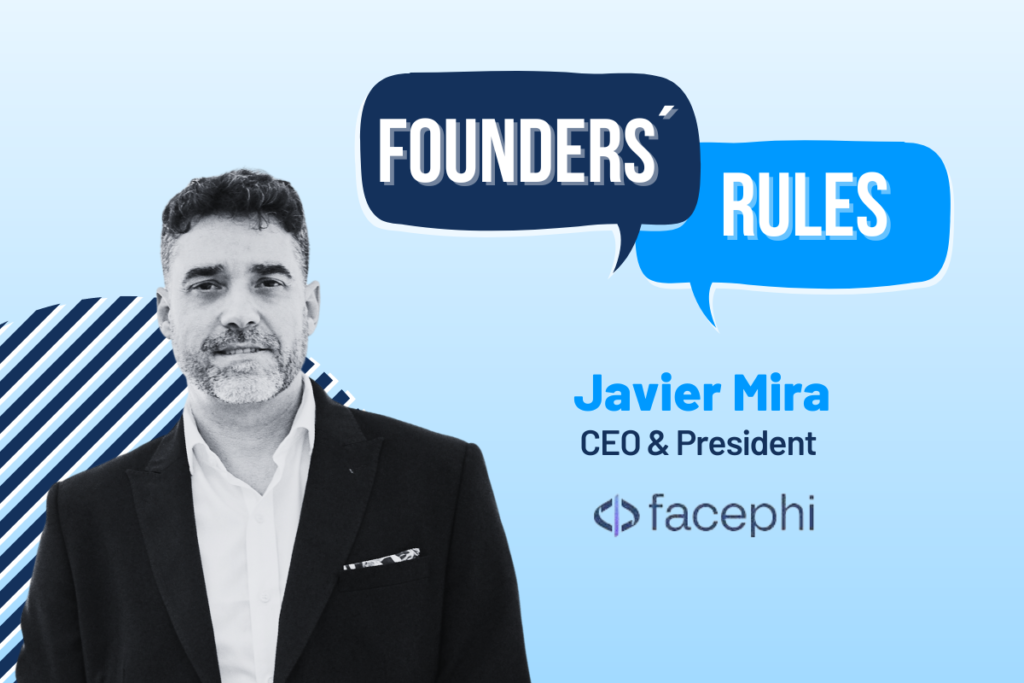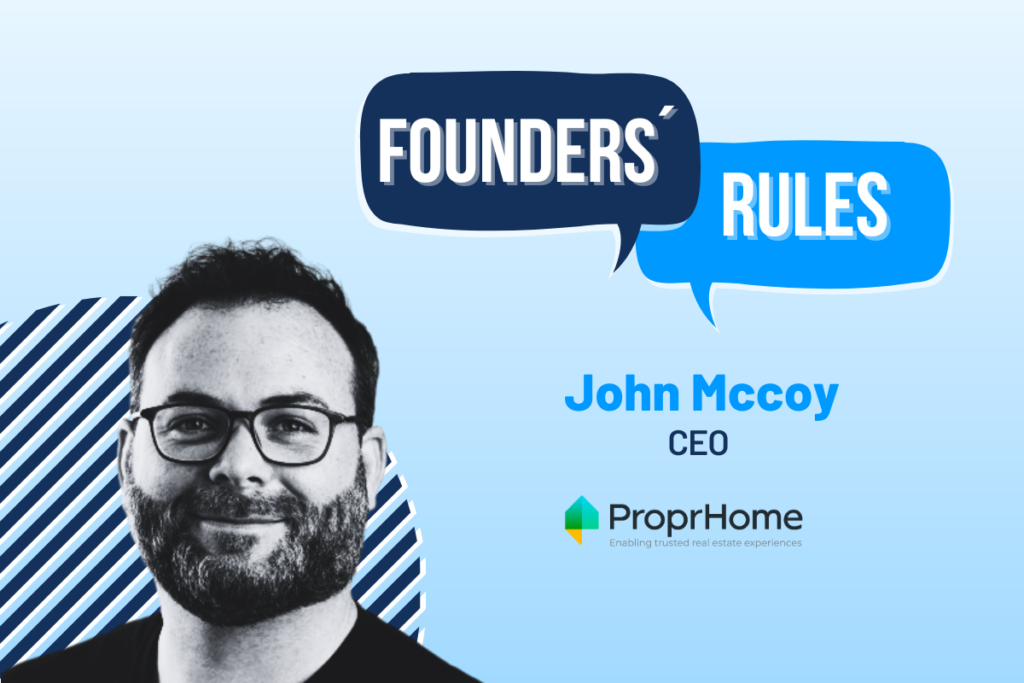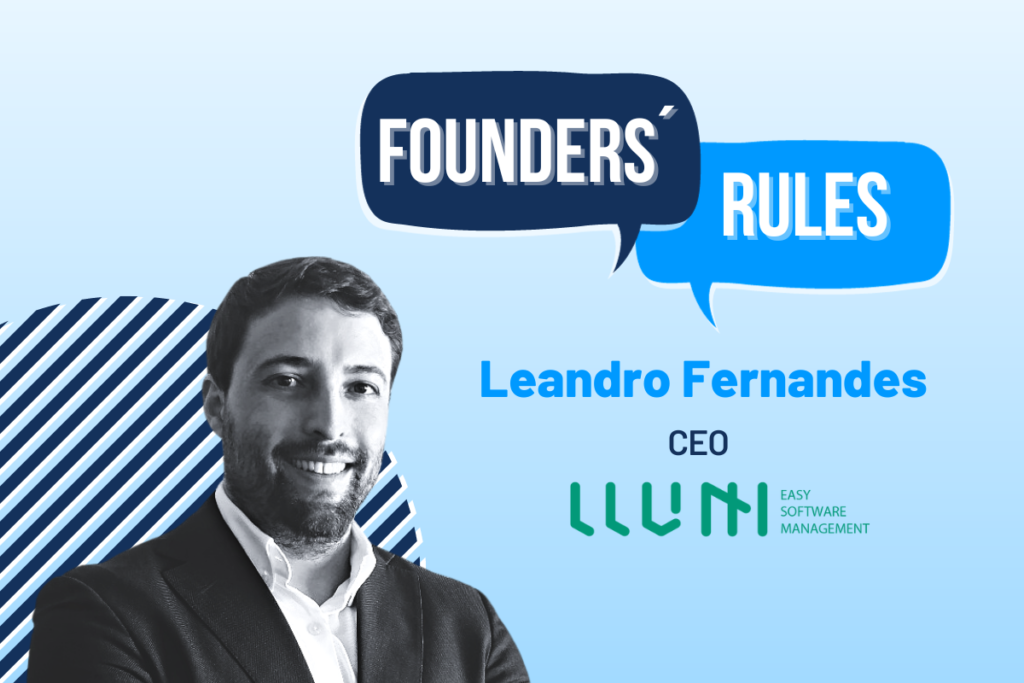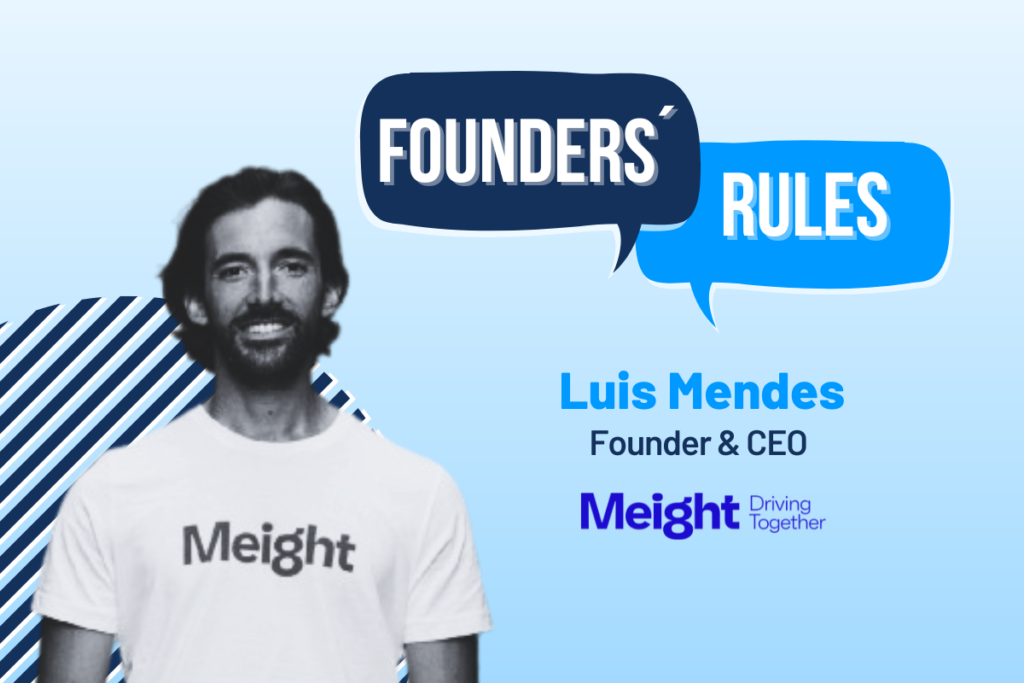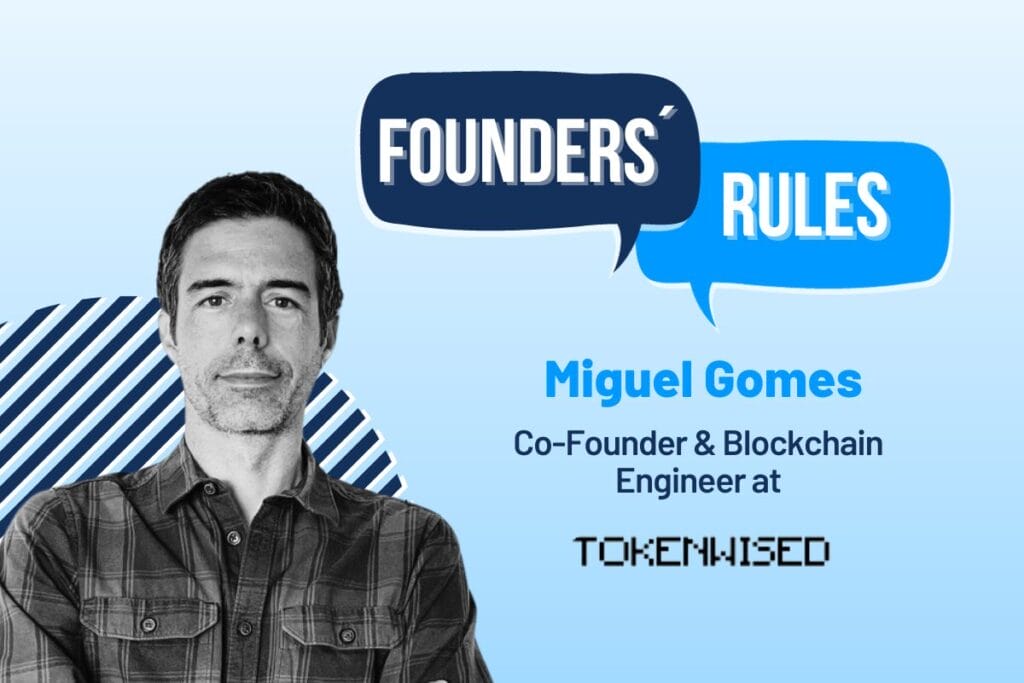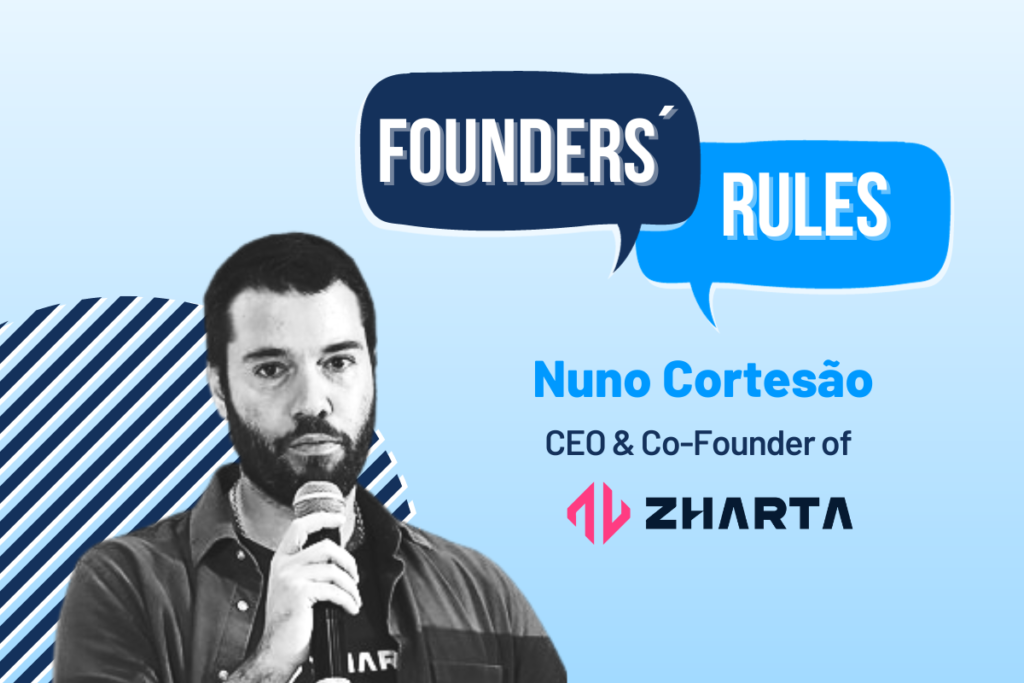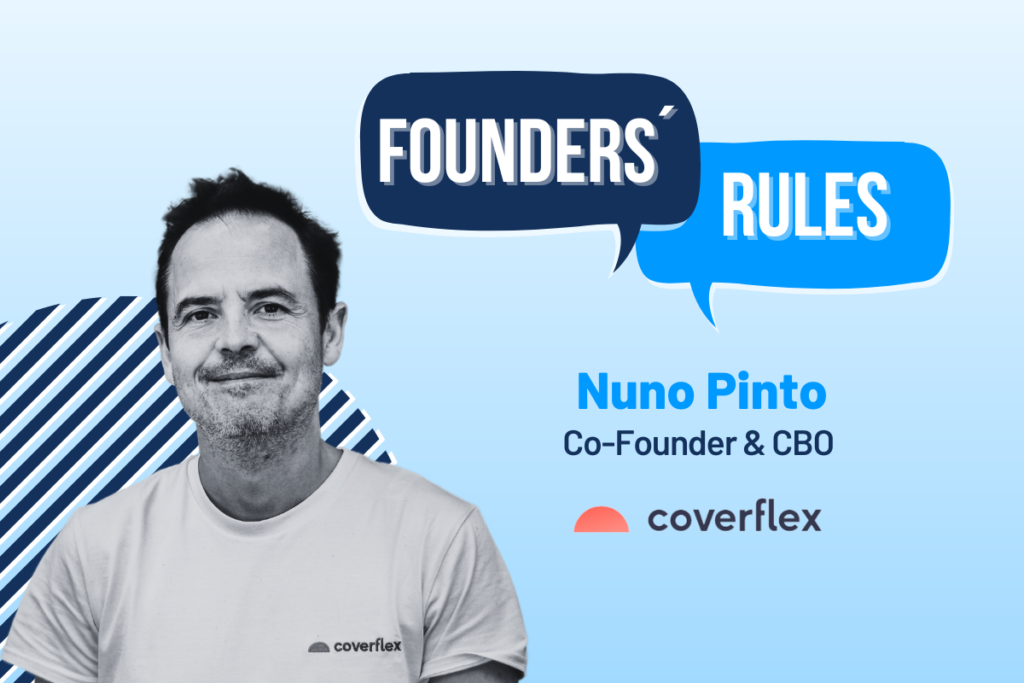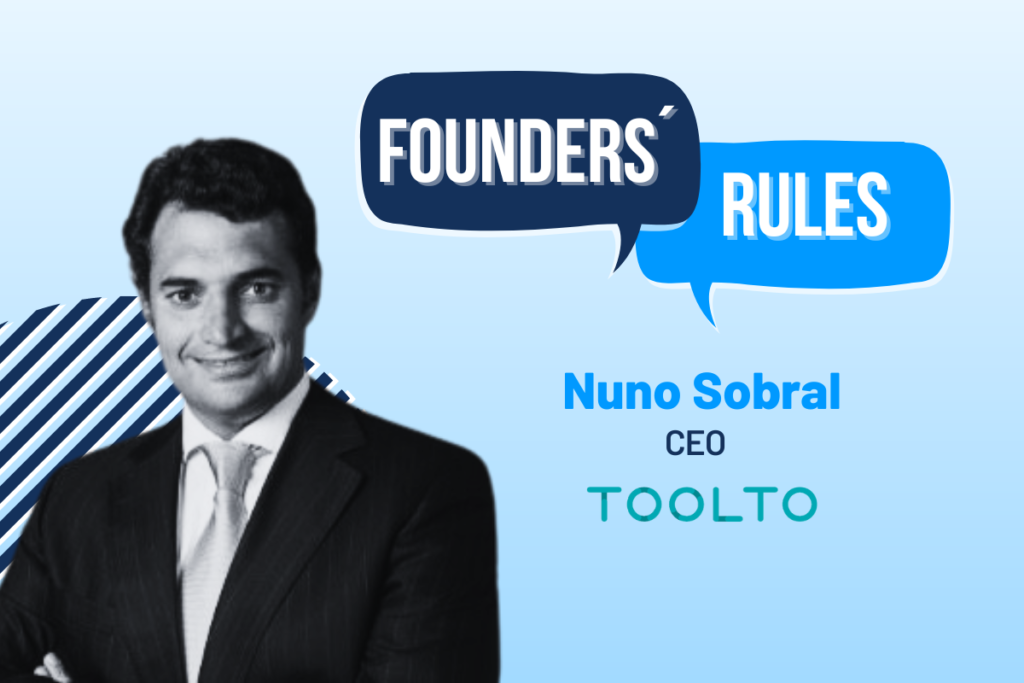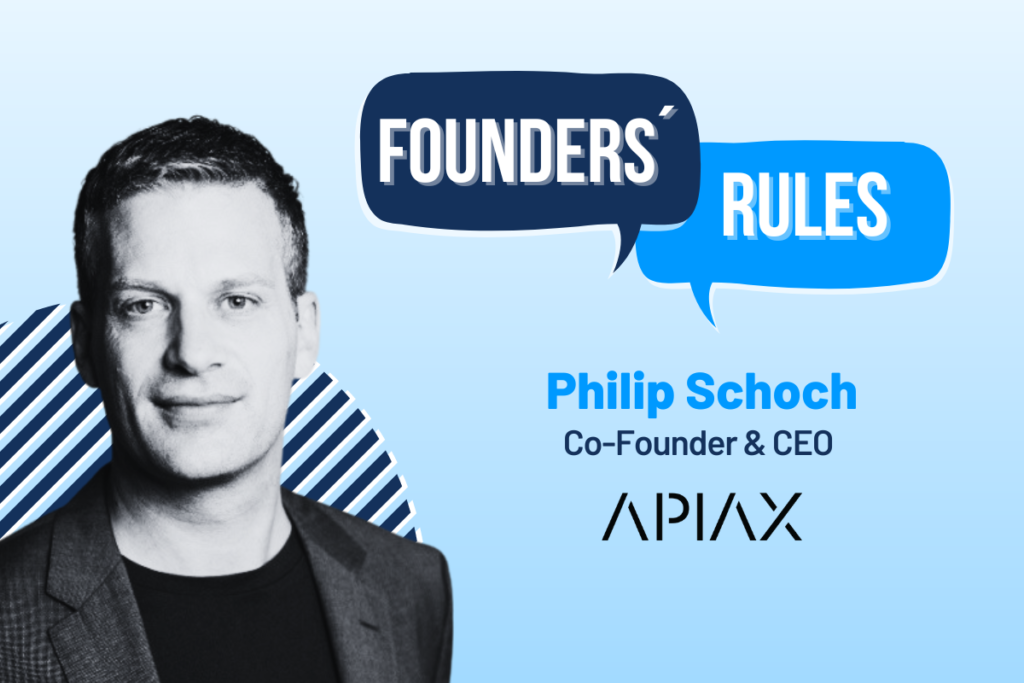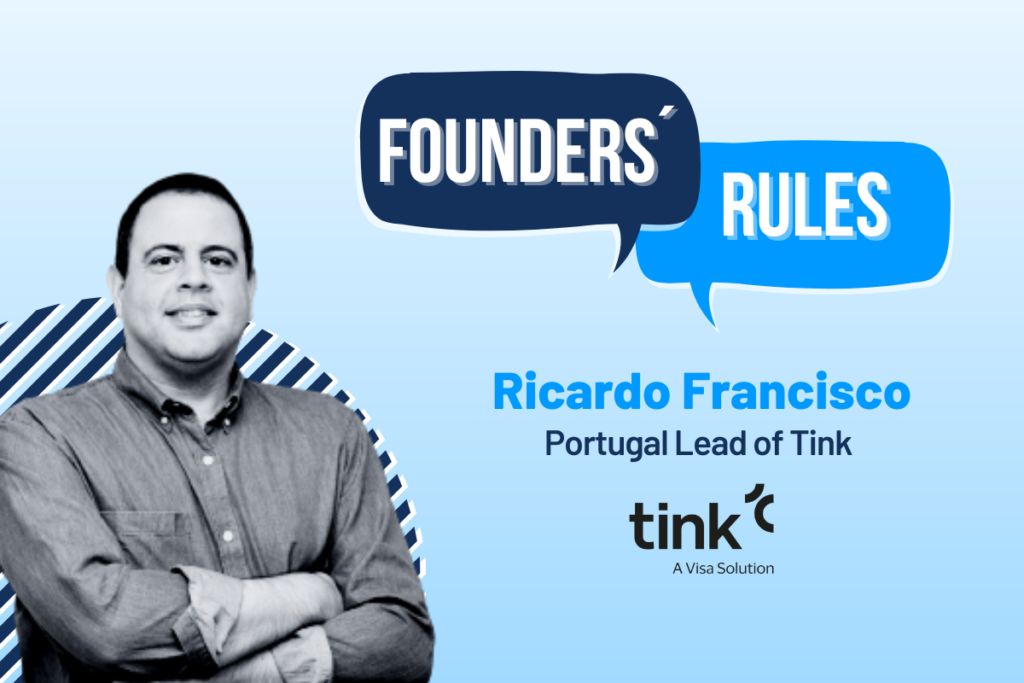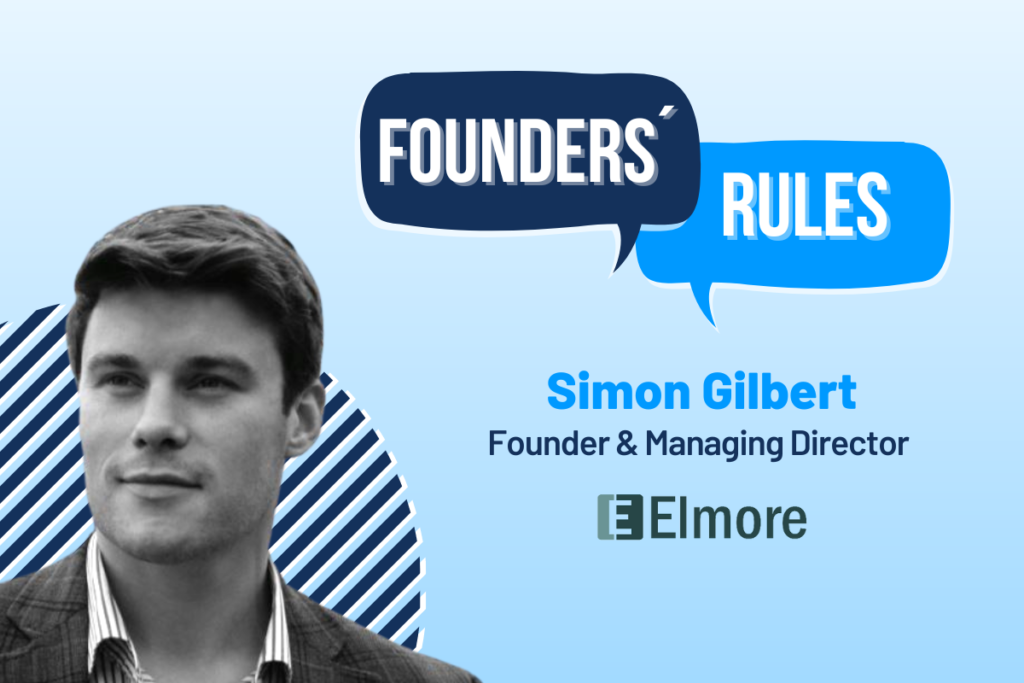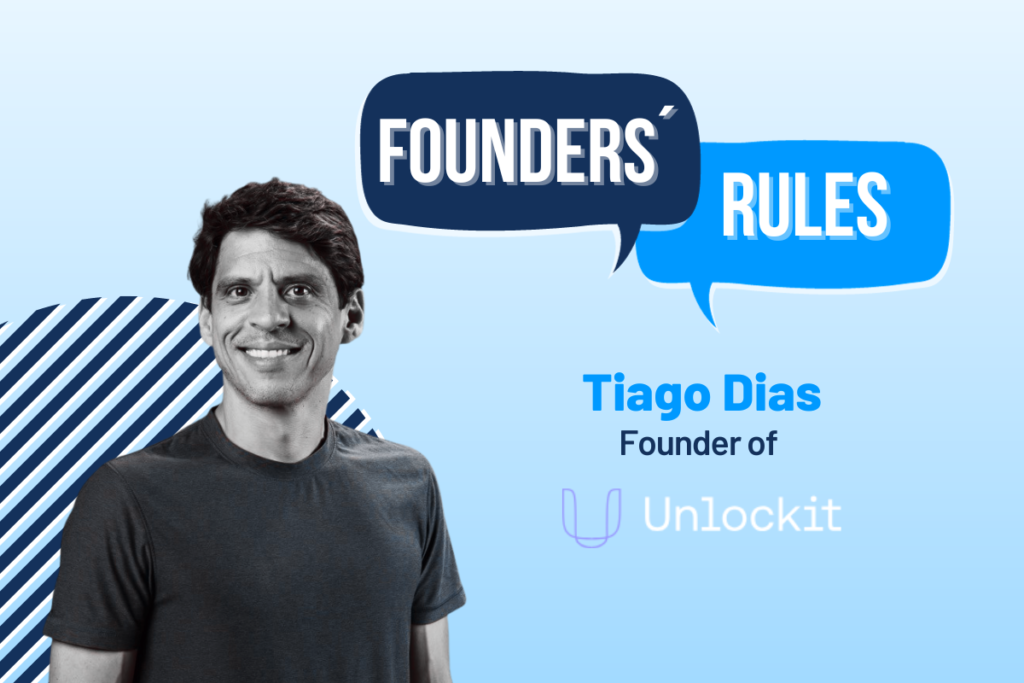[FH]: Could you tell us a bit more about yourself?
[FC]: My name is Filipe. I’m a Founder of Utrust and currently acting Chief Compliance Officer. Have been at Utrust since its inception. An early advocate for the use of blockchain technology and digital assets as paths of financial innovation and focused on strengthening the reputation, sustainability and growth of the virtual asset ecosystem in the wider financial world. Background is multidisciplinary, holding a Master in Computer Engineering from FEUP, an MBA from China Europe International Business School, an MIT Sloan Specialization degree in Blockchain Technologies for Business and an international certification as Anti-Money Laundering Specialist (CAMS6).
[FH]: How did you come up with the idea for Utrust and what would you say is its main competitive advantage?
[FC]: The idea for Utrust was the result of the not so positive experiences while using services claiming to provide the same functionality. This led to the conclusion that there should be something better in the market, and if no one was offering it, then we should be the ones to take the lead and build it. Our main competitive advantages are the usability of our platform for users, stellar ease of integration and support for our merchants and the power of our brand and wider community.
[FH]: Financial literacy is considered one of society’s greatest challenges. What do you think should be the role of financial institutions and fintechs to solve this issue?
[FC]: Indeed Financial literacy is a challenge to overcome in our society. Although financial institutions and fintechs can certainly help in this regard, we should always bear in mind that financial literacy must come primarily from the interest and self-responsibility of every individual. Financial decisions of all kinds are at the core of our day-to-day lives, from how and where to spend, save and invest our money. While the scope of finance can be wide and deep, with updates and innovations coming every day, the core elements remain the same (such as principal, interest, correlation of risk vs reward). The role of financial institutions should be to provide transparent information for individuals to make informed decisions when choosing the products and services that best suit their needs, alongside with the necessary warnings and disclosures.
[FH]: How does blockchain contribute to financial inclusion in developing countries? And what has Utrust done in this area?
[FC]: One of the biggest challenges in developing challenges is the number of underbanked, without access to a stable way to store, transfer and safeguard their money in a digitally-accessible form. In this regard blockchain does introduce a number of benefits; for example by removing the need to have a centralized regional or national institution custodian of funds at the local level, but instead relying on global, public and resilient algorithms as the cornerstone of the money in their “virtual wallet”. This automatically makes them part of a globally connected system, with wider opportunities that would not otherwise be available in their local country and currency. Utrust certainly contributes to this aspect of the ecosystem, as an enabler of on-chain payments for its merchants. This means that the clients of merchants can use any wallet, as part of an open ecosystem to safely pay for their goods and services.
[FH]: Where do you see Utrust in the next few years?
[FC]: For the next few years, I see Utrust growing together with Elrond, our combined network of partners and the ecosystem as a whole. Many challenges are ahead, including expansion and presence in foreign markets not yet served by our solution, and tackling use cases intrinsically related to our core business.
[FH]: Congrats on your recent acquisition by Elrond Network! What should we expect from this new acquisition?
[FC]: Thank you. While an important milestone for the whole team, this acquisition is in line with our original organizational vision and mission. As mentioned on the previous topic, there are market expansion and growth goals we want to attain, and we believe we are now in a better position to reach them as part of the wider Elrond group.

